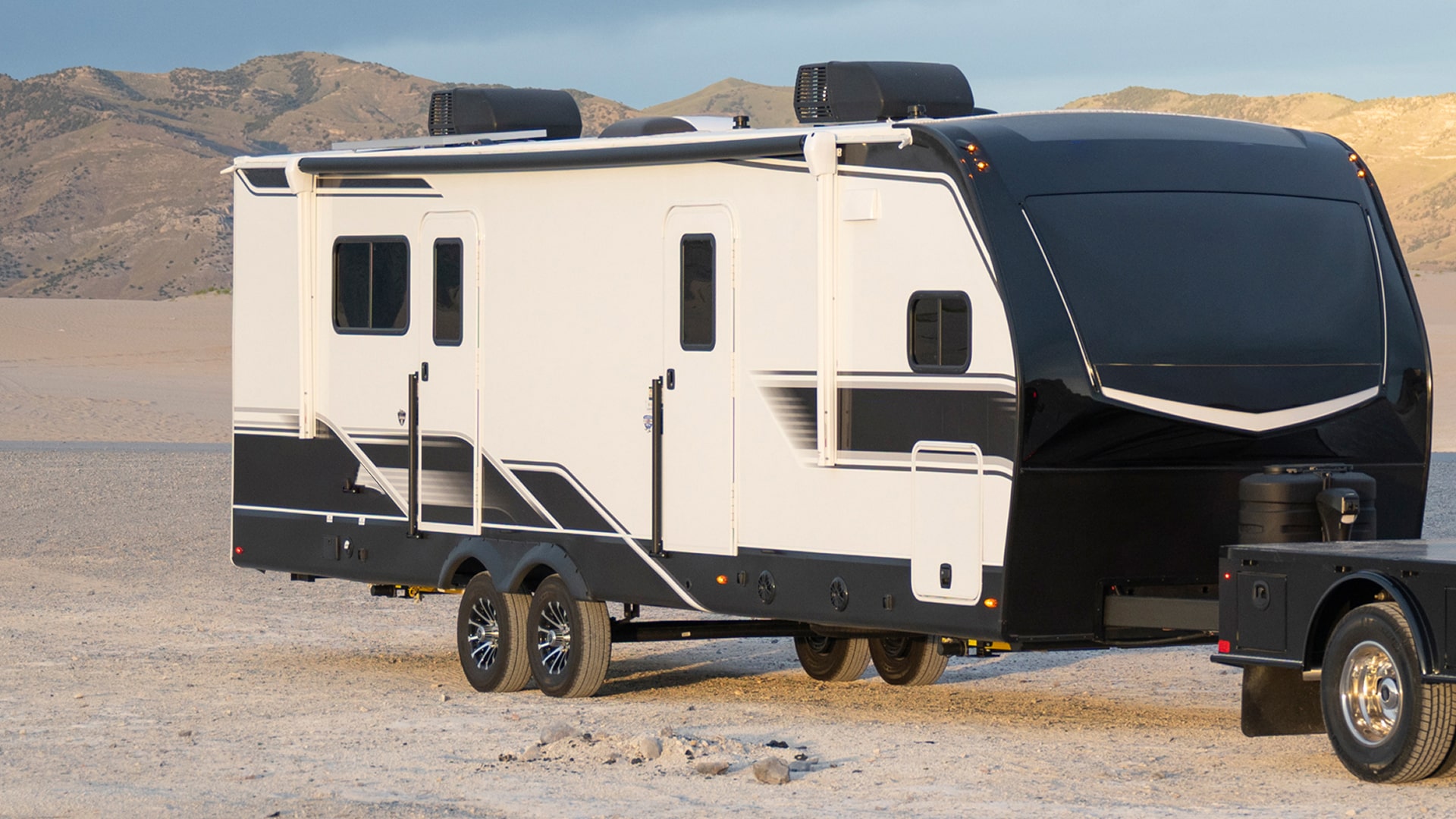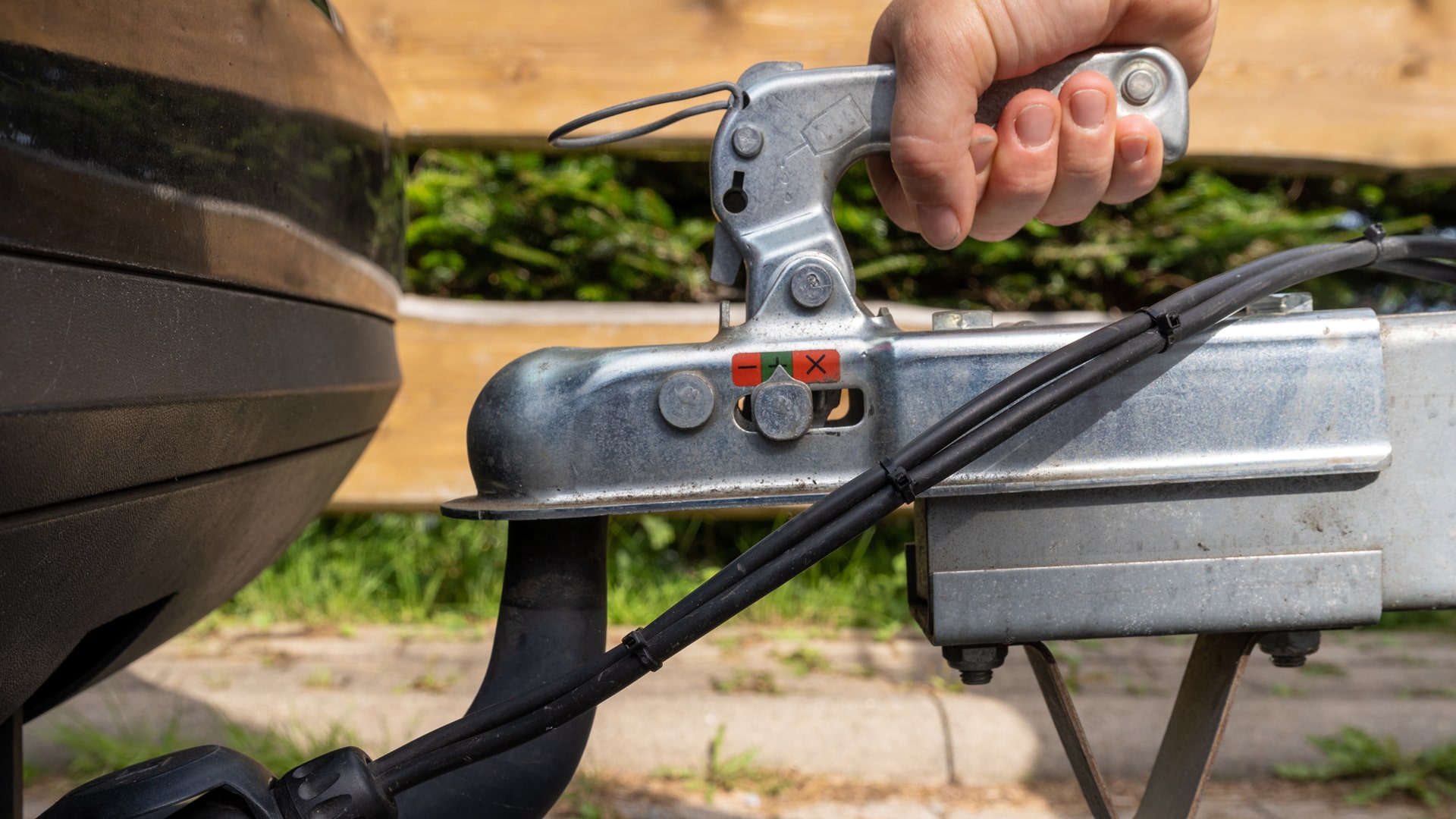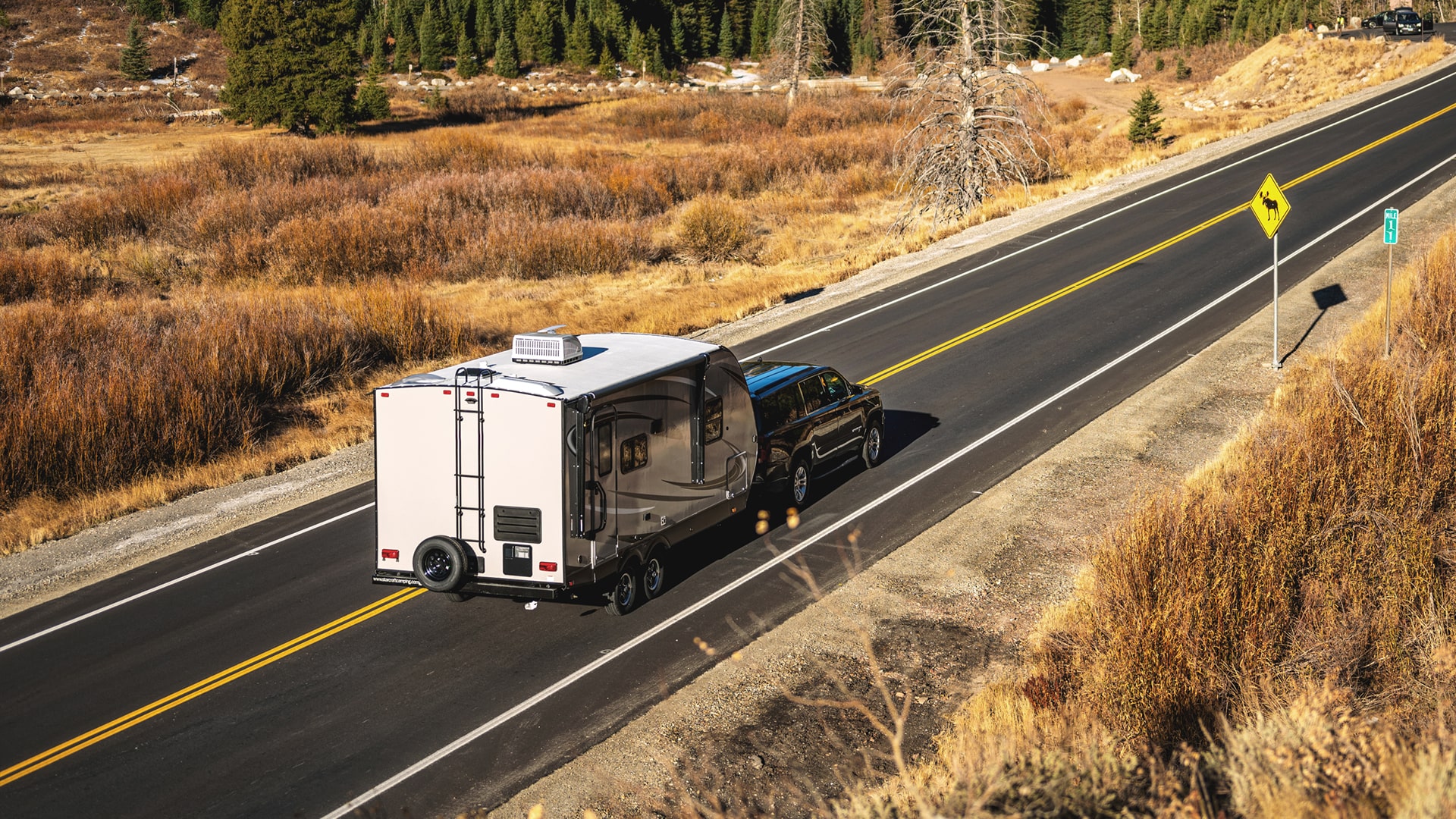RV Towing 101: What You Need to Know Before You Hit the Road
Owning an RV means more than just hitting the open road — it also means taking care of a complex machine that combines vehicle mechanics with home systems. Routine maintenance is essential not just for safety, but to protect your investment and avoid costly repairs down the line. Whether you’re a weekend warrior or a full-time traveler, here’s what you need to know about maintaining your RV.

Know Your Vehicle’s Towing Capacity
Towing more than your vehicle can handle is not only unsafe — it can cause serious damage. You’ll need to know:
- Towing capacity (maximum your vehicle can safely tow)
- Gross Vehicle Weight Rating (GVWR) of the trailer
- Tongue weight (downward force the trailer exerts on the hitch)
- Payload capacity (how much weight your vehicle can carry including cargo, passengers, and tongue weight)
These figures can be found in your vehicle’s manual or online using the VIN. Always give yourself a safety buffer.

Essential Towing Equipment
Proper gear is critical to a safe towing setup. Depending on your trailer, you may need:
- Weight distribution hitch: Helps balance weight between trailer and tow vehicle
- Sway control: Prevents trailer from fishtailing at high speeds
- Brake controller: Required for most trailers over 3,000 lbs
- Towing mirrors: Extend your field of vision
- Backup camera or rear observation system: Improves visibility when reversing
Fifth wheels require a specialized fifth-wheel hitch installed in the bed of a truck.

Towing Safety and Driving Tips
Towing requires different skills than everyday driving:
- Allow more time to brake and accelerate
- Take turns wide — your trailer doesn’t pivot like your vehicle
- Watch your height — many trailers exceed 10 feet tall
- Check tire pressure and inspect before every trip
- Use lower gears when descending hills to avoid overheating brakes
- Practice parking and backing up in an open lot before hitting busy campgrounds
A safe tow is a smooth tow — and preparation is key.

Licensing and Legal Considerations
Depending on the size of your RV and your state, you may need:
- A special endorsement or non-commercial license for trailers over a certain weight
- To adhere to towing speed limits and lane restrictions
- To register and insure your trailer separately
Always check local DMV guidelines and cross-state requirements before long trips.
Final Thoughts
Preventive RV maintenance may take time and effort, but it’s far easier — and cheaper — than dealing with unexpected breakdowns or damage. Create a seasonal checklist, stay ahead of wear and tear and your RV will reward you with years of adventure and freedom on the road.
Answers from our experts.
Towing capacity is a significant advantage of the Class B platform, adding to its versatility. The capacity varies depending on the chassis and engine combination. Models built on the robust Mercedes-Benz® Sprinter and Ford® Transit chassis typically offer a towing capacity of around 5,000 pounds. Models built on the RAM® ProMaster chassis generally have a towing capacity closer to 3,500 pounds. This is more than sufficient for towing a small boat, a pair of jet skis, a utility trailer with motorcycles or a small passenger car, greatly expanding your recreational possibilities at your destination.
Yes, one of the major advantages of a Class A is the ability to tow a passenger vehicle, often called a "toad" or "dinghy." This allows you to set up camp and still have a smaller vehicle for running errands or exploring the local area. Towing capacity depends on the chassis and engine. Most gas models have a capacity of around 5,000 pounds, while larger diesel pushers can tow 10,000 pounds or more. All Jayco and Entegra Coach Class A models come standard with a robust rear hitch receiver to accommodate your tow vehicle.
For the vast majority of RVs, a standard driver's license is all you need. In most states, any vehicle or combination of vehicles with a Gross Vehicle Weight Rating (GVWR) under 26,000 pounds does not require special licensing. This covers most travel trailers, Class B and Class C motorhomes. However, some larger Class A motorhomes and heavy-duty fifth wheel and truck combinations can exceed this weight limit. In certain states, such as California, Texas and New York, you may need a special non-commercial license or endorsement for vehicles over 26,000 pounds. Always check the specific GVWR of the RV you're considering and consult your home state's DMV website for the most accurate requirements.

